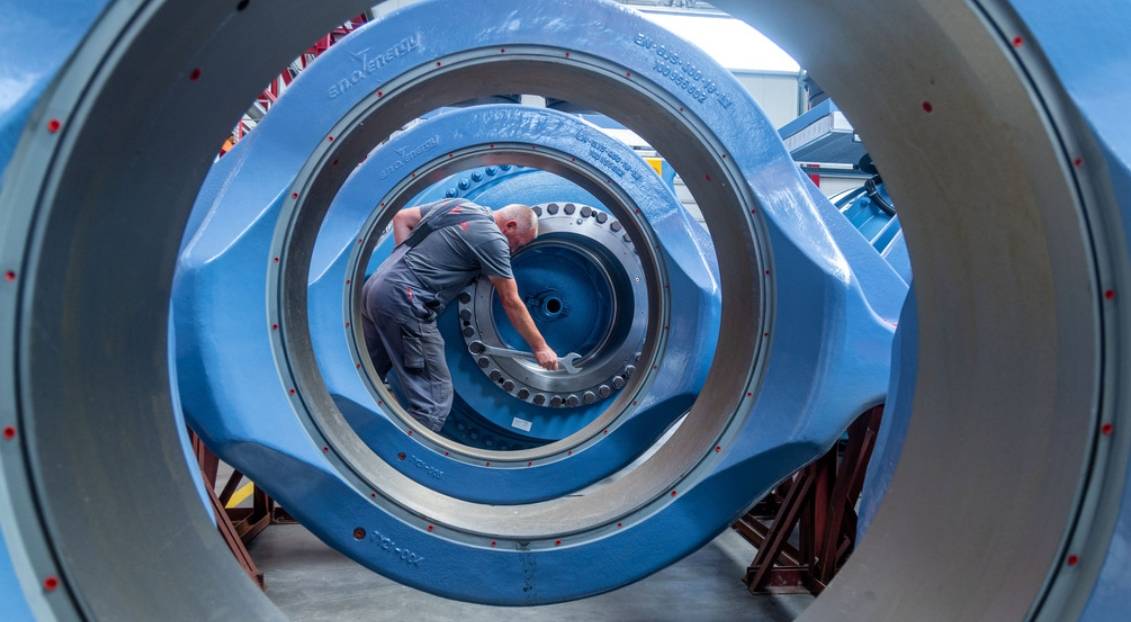The topics of natural gas and corona infections are depressing the mood in the Lower Bavarian metal and electrical industry. Many companies are unsure. At the same time, the employers’ associations warn against wage demands that are too high.
The situation in the Lower Bavarian metal and electrical industry is tense. There is great uncertainty. This is the result of the summer business survey conducted by the Lower Bavarian metal and electrical employers’ associations bayme vbm among their member companies. It was presented in Passau on Monday.
Delivery bottlenecks and material shortages as well as sharply increased prices for primary products, freight costs, raw materials and energy are having a negative impact on companies’ business expectations, according to a press release. As a result, many orders could not be processed. Production is currently falling. The view of the coming months is mostly pessimistic. “A possible natural gas stop and the general shortage of natural gas hangs like a big sword of Damocles over everything,” explains Bernhard Wimmer, member of the Lower Bavaria regional board of the Bavarian metal and electrical employers’ associations bayme vbm. According to the survey, the current business situation in Lower Bavaria is rated as good as at the beginning of the year. “But if procurement prices continue to rise sharply and Russian gas deliveries fail to materialize, then the picture could change drastically,” explains Wimmer.
There is also a high sickness rate. This is due to the sharp rise in the number of corona cases. They exacerbate the existing labor shortage.
Tariff round is pending
With regard to the forthcoming collective bargaining round in the Bavarian metal and electrical industry, the employers’ associations warn bayme vbm against drawing false conclusions about wage demands. “We must not perpetuate the current high level of inflation with high collective bargaining agreements that take the air out of companies to invest in the future. That would only result in losers – both among employees and among companies,” concluded Wimmer. With the demand for an eight percent wage increase, IG Metall is entering the collective bargaining for the metal and electrical industry. Negotiations with employers in Germany’s largest industry, with 3.8 million employees, are scheduled to begin in mid-September. The peace obligation ends on October 28, after which a strike would be possible.
